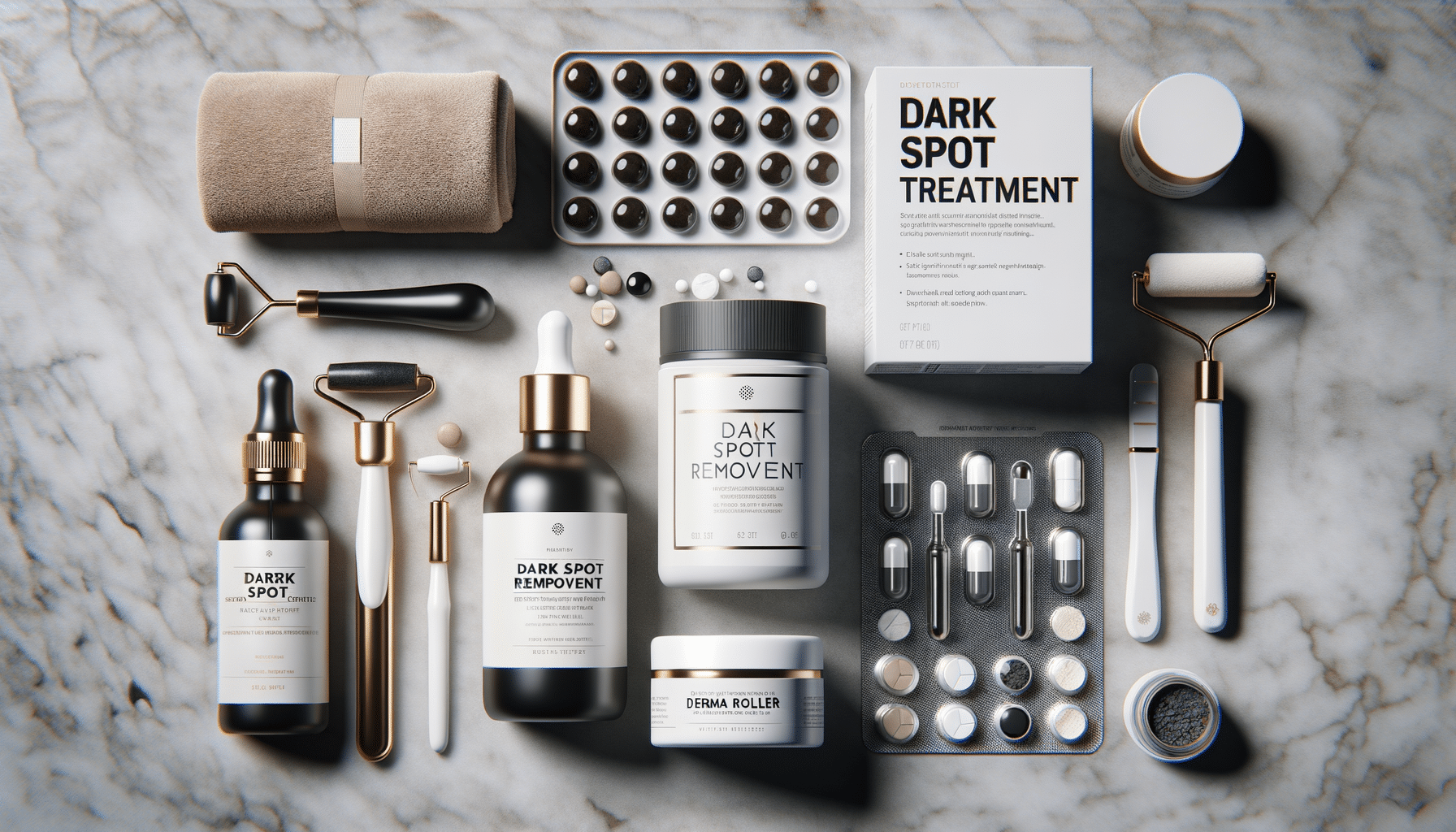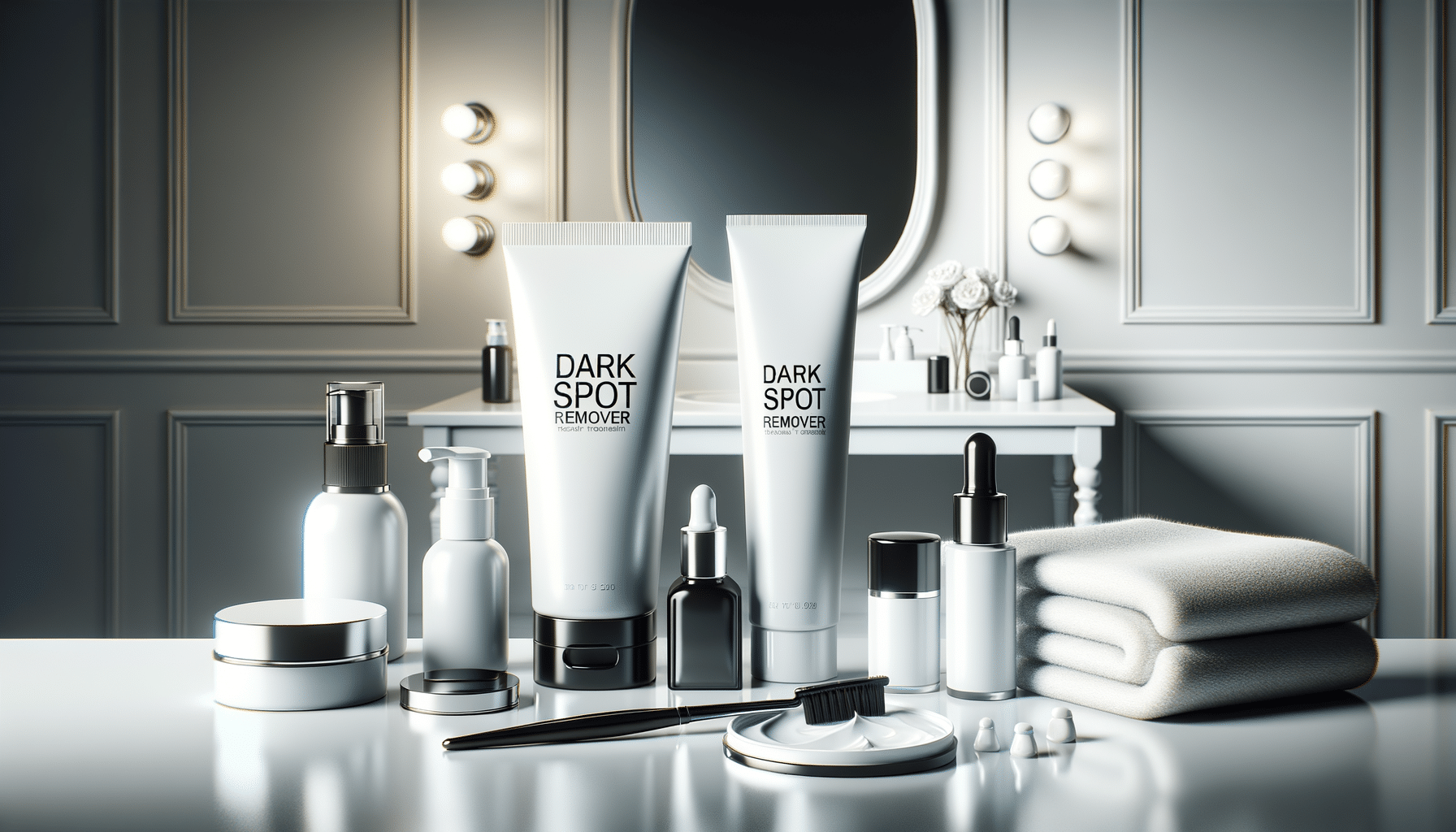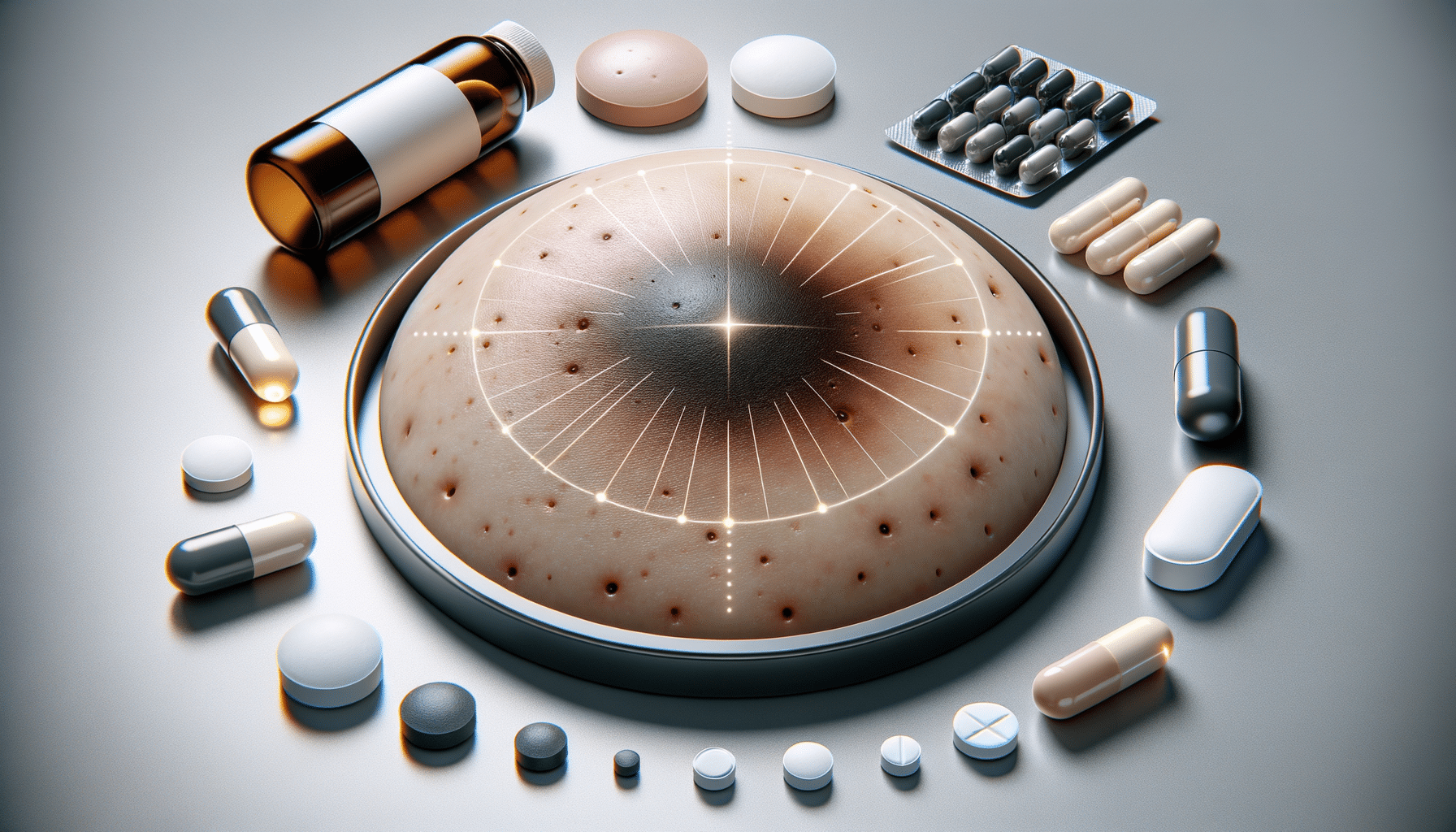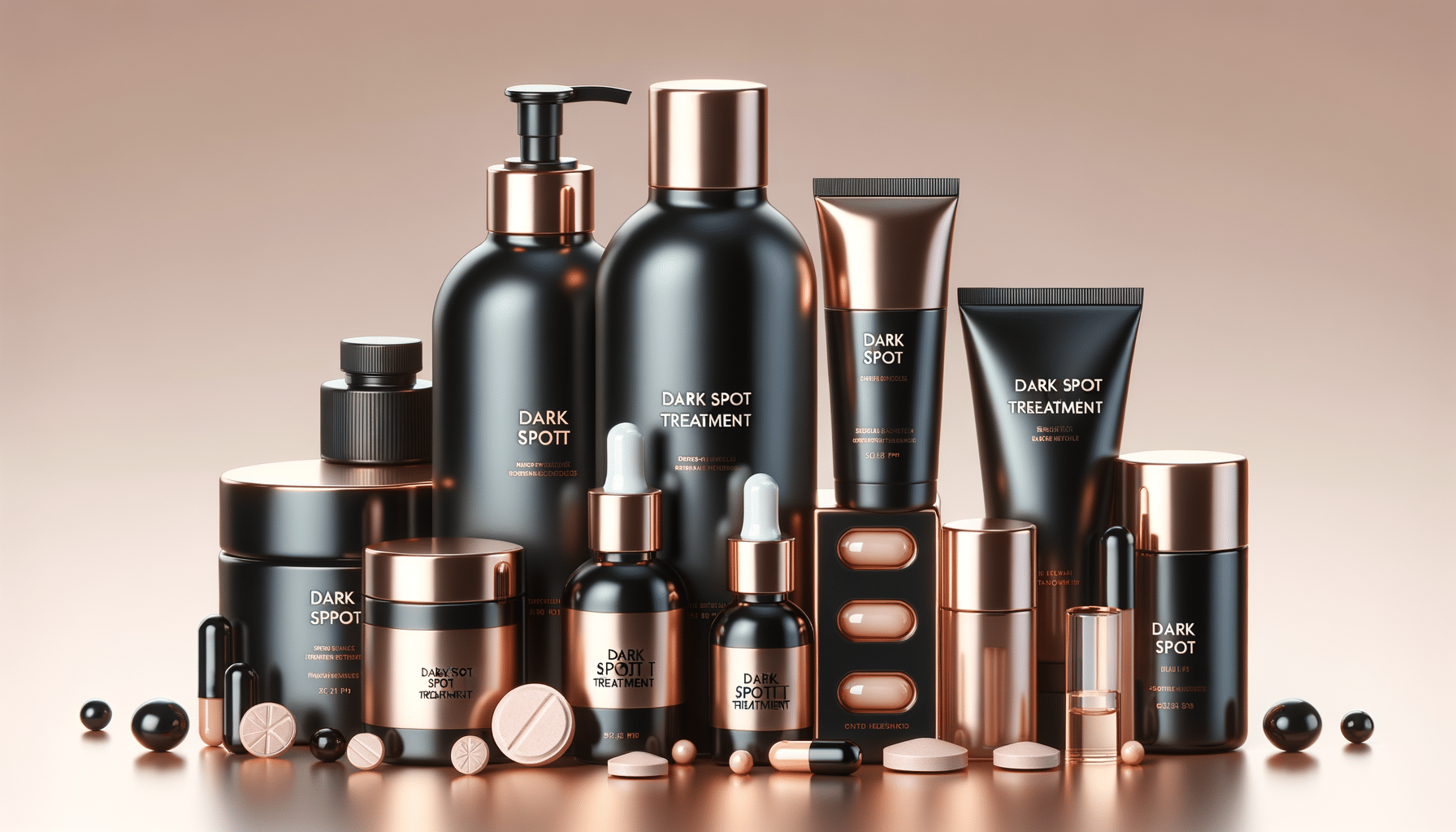
Effective Methods for Reducing Dark Spots
Understanding the Causes of Dark Spots
Dark spots, also known as hyperpigmentation, are a common skin concern that can affect anyone. They often appear due to an overproduction of melanin, the pigment responsible for skin color. Several factors contribute to this condition, including sun exposure, hormonal changes, and aging. Prolonged exposure to the sun’s ultraviolet rays is a primary cause, as it stimulates melanin production. Hormonal fluctuations, particularly during pregnancy or due to contraceptive use, can also lead to dark spots. Additionally, as we age, our skin’s ability to regenerate decreases, making it more susceptible to discoloration.
Understanding the root causes is crucial in choosing the right treatment. By identifying the underlying factors, individuals can adopt preventive measures and select appropriate products to manage and reduce dark spots effectively.
Topical Treatments for Dark Spots
One of the most accessible methods for addressing dark spots is through topical treatments. These are generally applied directly to the affected area and can be found in various forms such as creams, serums, and gels. Ingredients like vitamin C, niacinamide, and retinoids are popular for their skin-brightening properties. Vitamin C is renowned for its ability to inhibit melanin production and promote collagen synthesis, resulting in a more even skin tone. Niacinamide, a form of vitamin B3, is effective in reducing inflammation and improving skin texture, while retinoids accelerate cell turnover, helping to fade dark spots over time.
When selecting a topical treatment, it’s essential to consider your skin type and any sensitivities. Patch testing a new product on a small skin area can help prevent adverse reactions. Consistent application, coupled with sun protection, can significantly enhance the efficacy of these treatments.
Exploring Dark Spot Removers
Dark spot removers are specialized products designed to target hyperpigmentation. These products often combine multiple active ingredients to maximize their effectiveness. For instance, a dark spot remover might include hydroquinone, a potent skin-lightening agent, alongside alpha hydroxy acids (AHAs) like glycolic acid, which exfoliate the skin’s surface to reveal a brighter complexion.
While dark spot removers can be highly effective, it’s crucial to use them as directed. Overuse or incorrect application can lead to skin irritation or further discoloration. Consulting with a dermatologist before starting a new treatment can provide personalized recommendations and ensure the chosen product aligns with your skin’s needs.
The Role of Pills in Dark Spot Treatment
In addition to topical solutions, oral supplements can support skin health and aid in the reduction of dark spots. Pills for dark spots typically contain ingredients that promote skin repair and protect against oxidative stress. Antioxidants like vitamin E and glutathione are commonly included for their ability to neutralize free radicals and support skin regeneration.
While these supplements can be beneficial, they should complement, not replace, topical treatments. It’s important to maintain a balanced diet and healthy lifestyle to support overall skin health. As with any supplement, consulting a healthcare professional before use is advisable to ensure it’s appropriate for your individual health needs.
Conclusion: Achieving a Brighter Complexion
Reducing dark spots requires a comprehensive approach that includes understanding the causes, selecting suitable treatments, and maintaining consistent skincare routines. Whether opting for topical treatments, specialized removers, or supportive supplements, it’s essential to tailor your approach to your specific skin type and concerns.
By staying informed and proactive, individuals can effectively manage dark spots and work towards achieving a more even and radiant complexion. Remember, patience and consistency are key, as noticeable results often take time to manifest.


